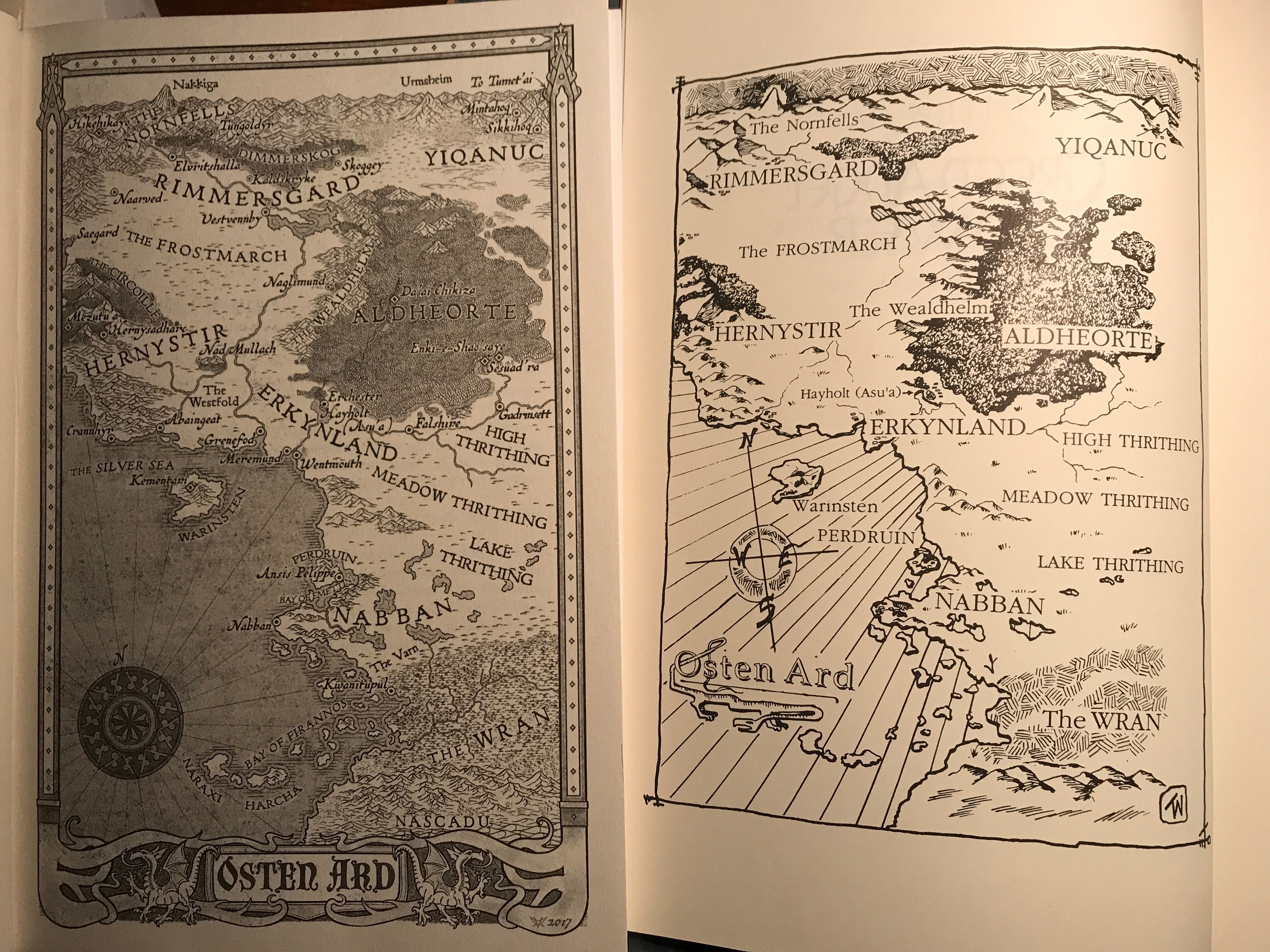bookrev: Into Africa: The Epic Adventures of Stanley & Livingstone by Martin Dugard
“Dr. Livingstone, I presume?” is a cliche phrase, which imparts a hint of the story of Stanley  meeting Dr. Livingstone in the heart of Africa. This book, written with excellent pacing where the excitement builds like it were a thriller novel, gives the background of that historical meeting, including the circumstances that cemented its place in history. An excellent depiction not only of the heart of Africa in the mid-to-late 1800’s, but of the British and American struggle for position and leadership.
meeting Dr. Livingstone in the heart of Africa. This book, written with excellent pacing where the excitement builds like it were a thriller novel, gives the background of that historical meeting, including the circumstances that cemented its place in history. An excellent depiction not only of the heart of Africa in the mid-to-late 1800’s, but of the British and American struggle for position and leadership.
Dr. David Livingstone was already a legendary explorer, having walked across Africa and discovered (and named) many now famous landmarks. Dr. Livingstone was a revered hero in Britain, a middle-class individual whose latest adventures were discussed in Parliament, and by royalty. Livingstone was also obsessed with discovery, culminating in his later years with his almost suicidal obsession to discover the source of the Nile.
This is not the Africa of luxury safaris with camera, gourmet meals and guards. This is Africa of diseases, no roads, cannibals, more poisonous snakes than any other place, Arab slave traders and thievery. It is into this Africa that Livingstone sets out into once again in March 1866 from Zanzibar, to pursue his theory that the Nile flows from a series of lakes further south of Lake Victoria. He was 53 years old, somewhat long in the tooth, even for the ‘lion’ of the explorers.
About three years later, no one had heard from Dr. Livingstone. Rumors of his death by lion (he’d been mauled before), cannibals or disease made the rounds in England. Based on reconstruction from journals, Dugard tells us that Livingstone was very much alive, though sick, starving (supplies were lost, stolen or delayed) and at the charity of the Arab slave traders whom he despised.
Enter Henry Morton Stanley, who had been many things including an orphan, but had made himself into a roving journalist. The owner of his New York paper told him to go and find Dr. Livingstone, ‘scooping’ the British papers with the story of the century. Stanley sets off from Zanzibar in January 1871, almost five years after Livingstone.
The idea of finding Dr. Livingstone was a needle in a haystack, except that he was white in a black (and Arab) world, and that he was looking for the source of the Nile. Those circumstances, and Stanley’s stubborn perseverance and drive of personal transformation got Stanley through disease, thieves, an African tribal war and the harsh realities of walking through Africa.
Their meeting in November 1871 in the city of Ujiji on Lake Tanganyika is important for both men and for the world; Livingstone is out of supplies, Stanley has fulfilled his job and ‘his destiny’, Britain has word of its treasured explorer and America scoops Britain with the news.
The background of the two men, their heritage (Stanley was thought American, but he was born under a different name in a different country, Livingstone had several children, and his wife was with him on one of his safaris and died of disease) and their personal struggles are excellently portrayed. A well written and highly recommended history that reads like a novel.



